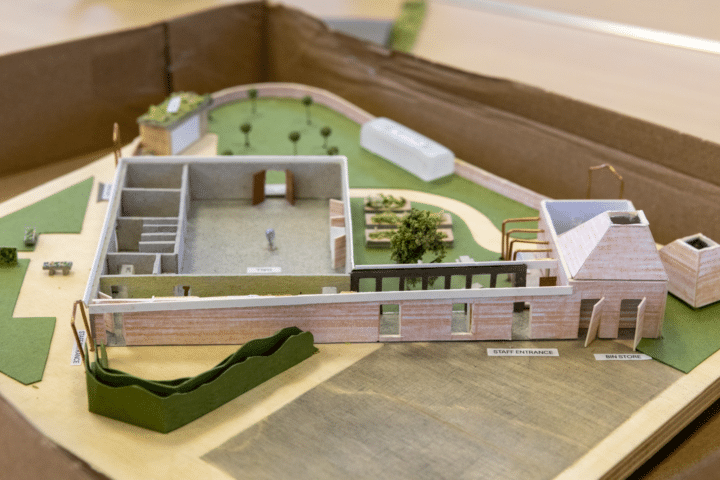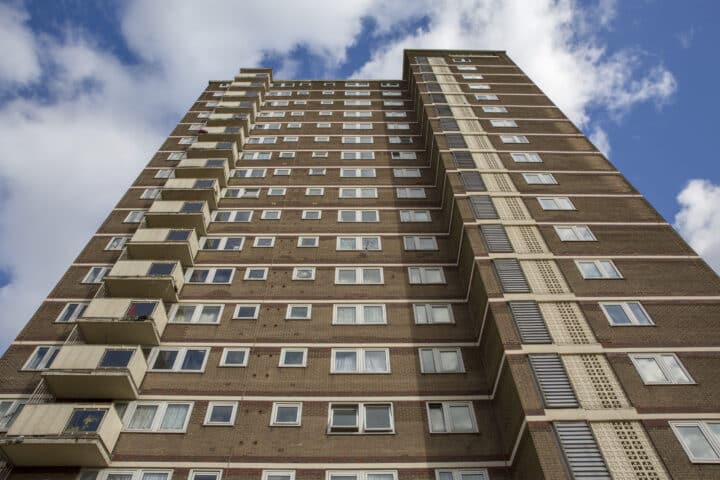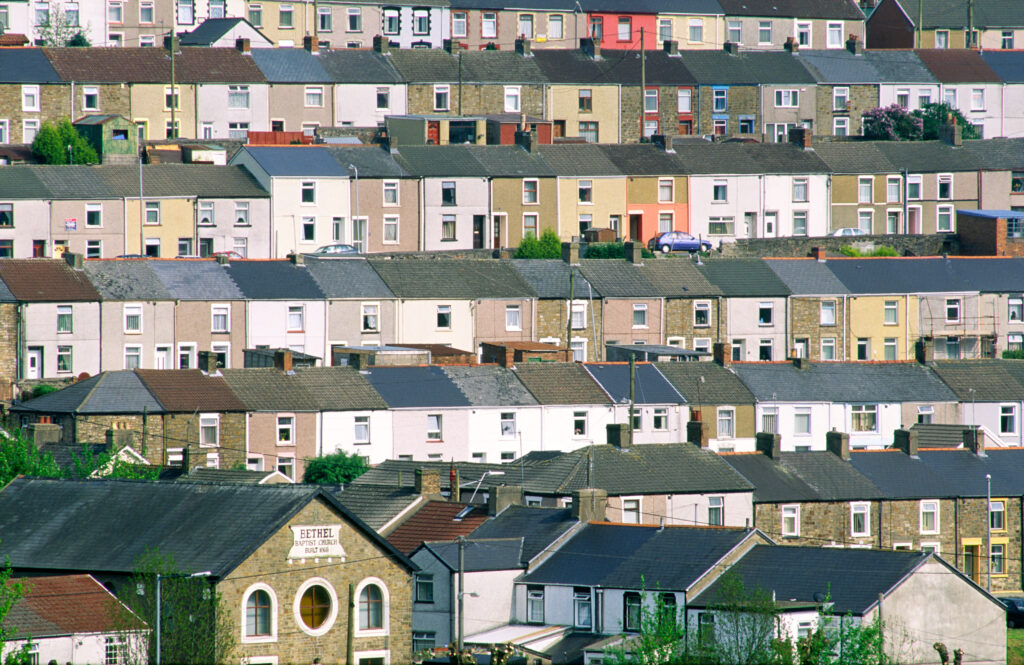The government’s intention to build 1.5 million homes over this parliament is a welcome and ambitious measure to ease the housing crisis and boost growth.
But for these places and their future residents to thrive in the long-term, social infrastructure needs to be a key consideration.
Drawing on more than a decade of delivering the Big Local programme has informed a significant evidence base on how to shift the dial in our most disadvantaged neighbourhoods.
The importance of social infrastructure in new developments
Our research reveals that deprived neighbourhoods lacking vital community spaces and networks, experience significantly worse outcomes than the national average and other deprived areas, spanning across:
- health
- employment
- education
- wellbeing
Social infrastructure matters because it allows communities to develop shared solutions to local issues. It supports the everyday activities that keep people healthy and engaged and connects residents to each other and to wider networks of services and opportunities.
Many of these doubly disadvantaged neighbourhoods are in post-war overspill developments built to cope with a previous housing crisis, where disconnection and defunded social amenities have left cold spots of activity and investment.
As we embark on a new era of national housebuilding, we need to consider the lessons of the past, to incorporate social infrastructure into new developments from the outset and ensure that community life can be funded and sustained into the future. This is crucial if we are to create happy, healthy communities which thrive in the long run and prevent creating the doubly disadvantaged neighbourhoods of the future.
The Planning and Infrastructure Bill is central to the government’s plan to get Britain building and support delivery of the government’s Plan for Change milestones.
The reforms outlined in the Bill represent a once-in-a-generation opportunity to give communities the tools they need to thrive and to ensure opportunities for growth are spread evenly across the country.



